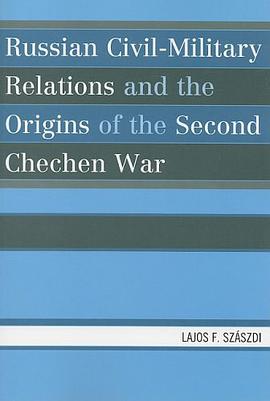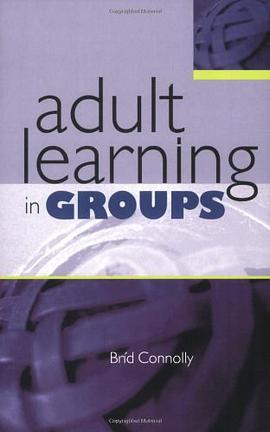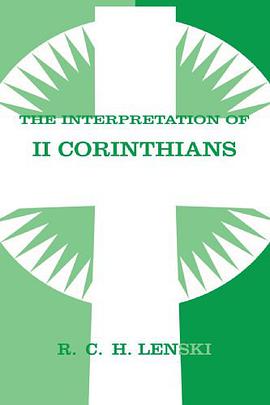

This book has relevance for those interested in understanding Russia's course in international relations under the leadership of Vladimir Putin. This book will inform the reader and is especially relevant in light of the events of 2008 in the Caucasus and the war in Georgia, in particular. The author explains the ideology of Neo-Eurasianism, which in turn inspires the policy-thinking of the Kremlin. Also studied is Putin's origins in the KGB, from the previous posts of Secretary of the Security Council and Director of the FSB, and his rise to power in the crucial year of 1999, when he became Russian Prime Minister. The author highlights the continuing trend of appointing high-ranking officers of the Russian intelligence community to senior positions in the government, studying this in the context of Russian civil-military-intelligence relations. The author reached the conclusion, back in 2003, that the members of Russian intelligence hold the reins of power above the civilian and military elements of the Russian government. The author returns to the Kosovo Crisis of 1999, discussing also the motives that led the Kremlin and Putin to invaded Chechnya for a second time in a decade. Parallels can be drawn to the 2008 Russian invasion of Georgia and the roots of the Neo-Eurasianist ideology that is behind the two invasions are examined. This book will help the reader understand Russia's current and future distribution of power in the Caucasus, the Balkans and the world at large, Moscow's search for a multipolar world, and its opposition to U.S. hegemony.
具体描述
读后感
评分
评分
评分
评分
用户评价
相关图书
本站所有内容均为互联网搜索引擎提供的公开搜索信息,本站不存储任何数据与内容,任何内容与数据均与本站无关,如有需要请联系相关搜索引擎包括但不限于百度,google,bing,sogou 等
© 2025 book.wenda123.org All Rights Reserved. 图书目录大全 版权所有




















